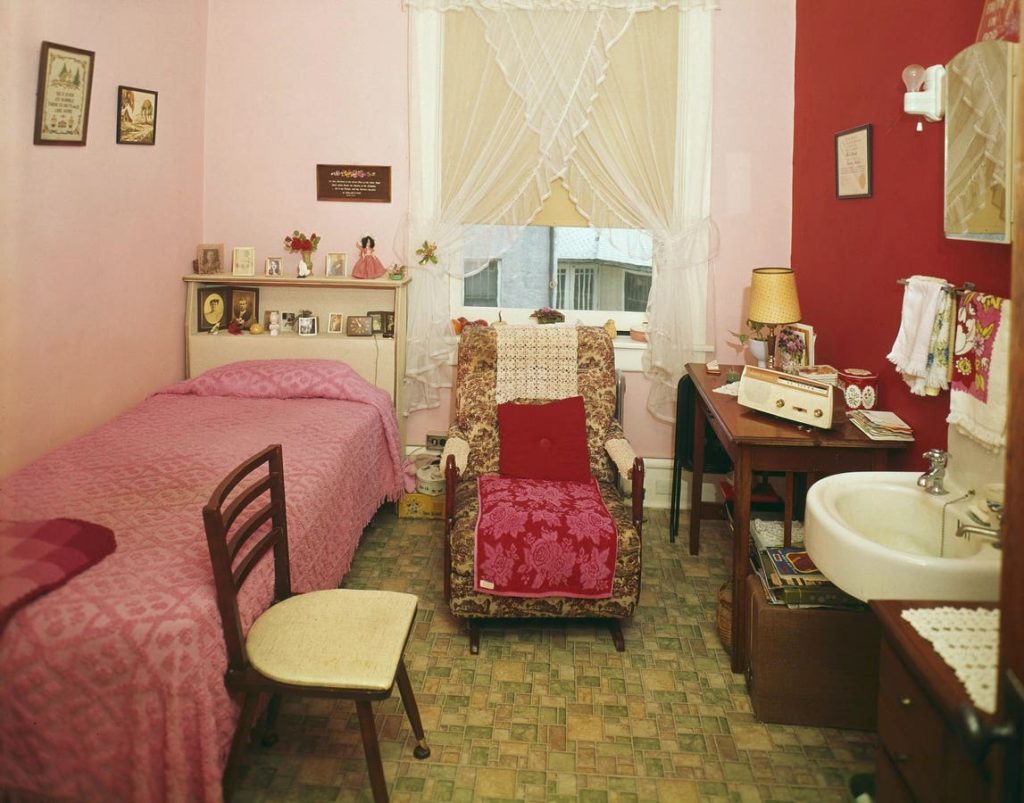Families are faced with the difficult decision of how to help aging parents and loved ones as they begin to lose independence, especially when they live at a distance. Assisted living seems to be a solution, offering an enriched social environment with helpers to aid in daily activities. However, it is essential to note that assisted living is not a nursing home and does not provide skilled medical care. As aging loved ones decline, there is no clear requirement for them to move out to a more suitable place with medical staff present.
The risks for families lie in trusting assisted living facilities to ensure the safety of their loved ones. Many lawsuits have been filed against these facilities for neglect, failure to contact physicians, falls, and other misfortunes. It is important to monitor the care provided to aging parents in assisted living with frequency, as Medicare does not cover custodial care. Families may not realize when a higher level of skilled care is needed, and it is crucial to be vigilant in assessing the quality of care being provided.
To monitor the care of aging parents in assisted living, it is recommended to check out facilities personally before making any decisions. Establishing a relationship with a trusted staff member and communicating regularly can provide insight into the care being provided. Hiring a geriatric care manager or nurse to check on loved ones regularly can also be beneficial, particularly for those living at a distance. It is essential to focus on known health conditions and be aware of any changes that may indicate a need for a higher level of care.
When choosing assisted living, it is important to do independent research and visit facilities in person before making a decision. Regular monitoring of the care provided and focusing on known health conditions can help ensure that loved ones are receiving appropriate care. If an aging parent’s condition worsens, it may be necessary to consider transitioning to a skilled nursing home with medical staff. Ultimately, the decision to move to a higher level of care may fall to the family, in consultation with the primary care physician.


